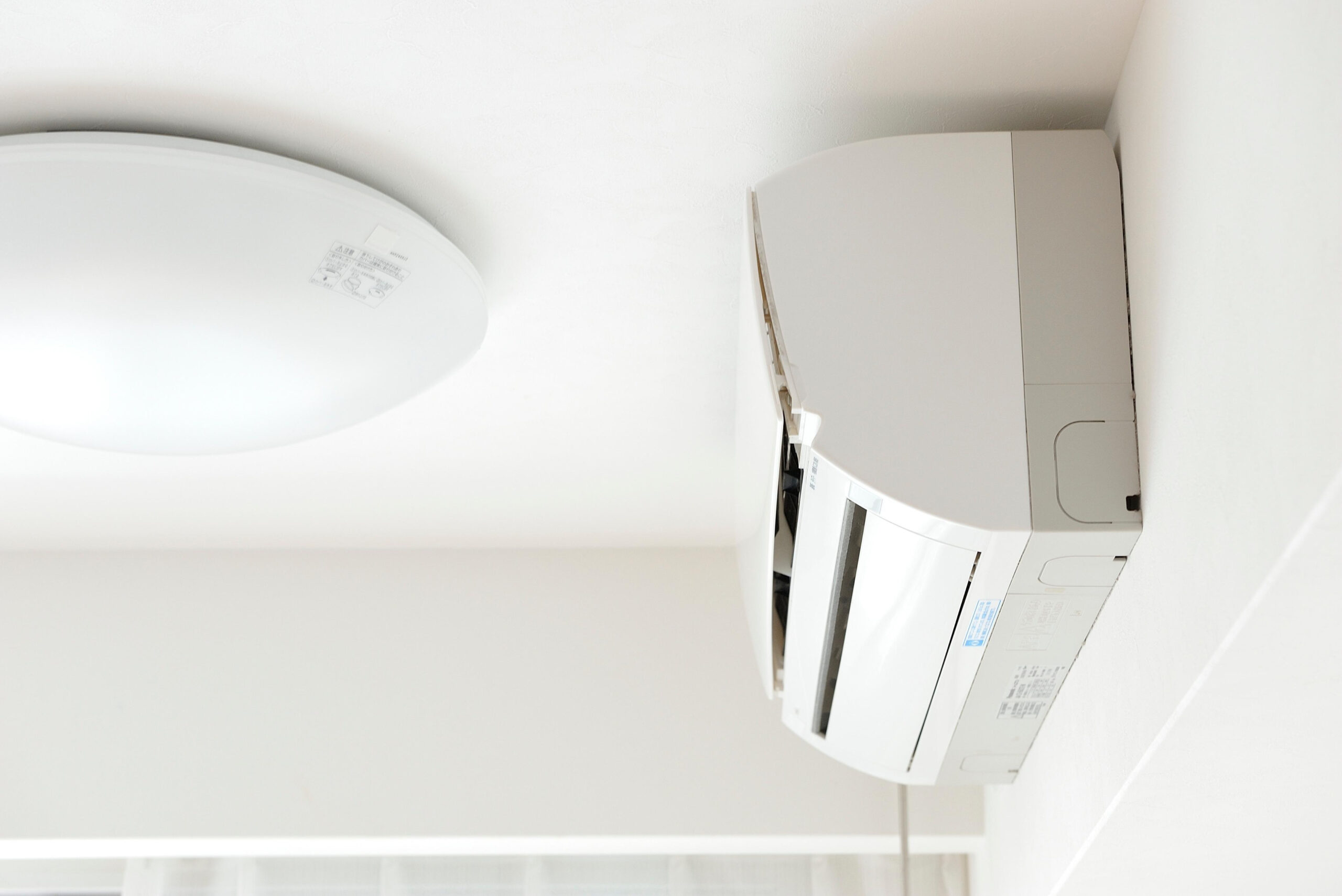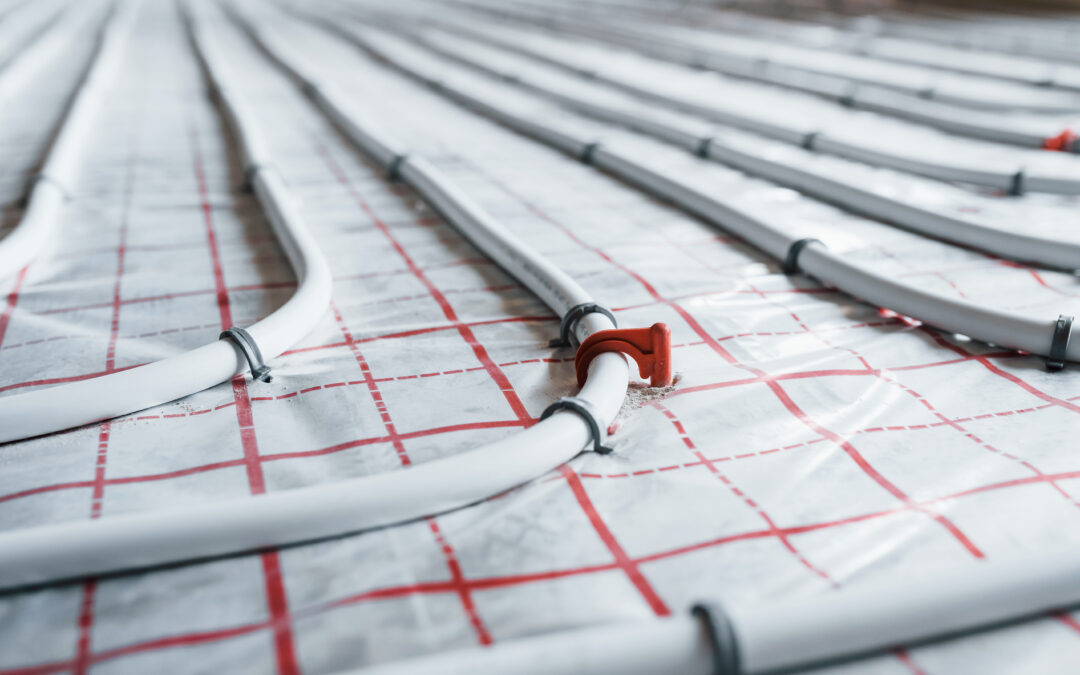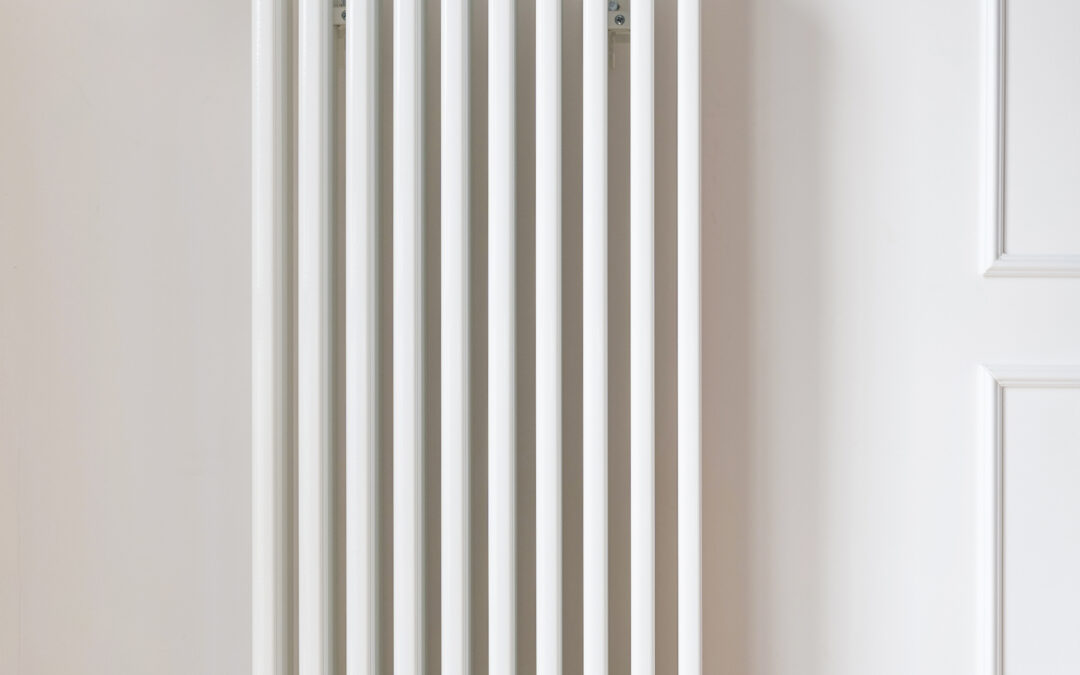An In-Depth Look into the History of Air Conditioning in Uckfield
Uckfield, a quaint town nestled in East Sussex, England, experienced the inception of air conditioning in the mid-20th century. Initially, such cooling systems were perceived as a novelty and a luxury, limited to affluent households and large-scale businesses. Air conditioners were considered a symbol of status and were prominently displayed in households and industries. This period marked the dawn of a new era, bringing with it several transformations in the town’s socio-economic dynamics.
As the post-war economy of Uckfield stabilised and flourished, air conditioning emerged from its status of luxury to a necessity. The 60s and 70s witnessed a significant surge in the use of air conditioners in the town’s domestic and commercial sectors. This was further complemented by the increasing affordability of these systems, making them more accessible to middle-class families in Uckfield. The spread of air conditioning was a transformative milestone in the town’s history.
Moreover, the evolution of air conditioning in Uckfield was not limited to homes and businesses; it also extended to public spaces such as schools, hospitals, and government buildings. The development of public infrastructure and the need for thermal comfort facilitated the widespread adoption of air conditioning systems. Hence, the history of air conditioning in Uckfield is intertwined with its economic growth and societal evolution.
The Advent of Cooling Systems: A Transformative Era for Uckfield
The advent of cooling systems brought about a wave of significant transformations in Uckfield. They created a comfortable and productive environment, promoting well-being and productivity. Businesses benefited from increased employee efficiency and customer satisfaction. For industries where temperature control was crucial, such as food processing and pharmaceuticals, air conditioning became an indispensable part of their operations.
Cooling systems also played a pivotal role in shaping Uckfield’s housing design and architecture. Houses began incorporating central cooling systems in their design, leading to the evolution of an entirely new residential architecture that was more focused on thermal comfort. Air conditioning also allowed for the creation of indoor public spaces, such as shopping malls and theatres, leading to a shift in the town’s social dynamics.
Moreover, this transformative era marked a significant shift in Uckfield’s demographic profile. The comfort offered by air conditioning attracted more people to settle in the town, leading to its expansion in both residential and commercial sectors, ultimately shaping the town’s identity.
Technological Evolution: The Modernisation of Air Conditioning in Uckfield
As time progressed, the air conditioning industry in Uckfield saw remarkable advancements. The advent of energy-efficient models and the integration of smart technologies such as thermostats and sensors significantly modernised Uckfield’s air conditioning landscape. This evolution not only enhanced the performance and efficiency of cooling systems but also contributed to the town’s sustainability initiatives.
Modern air conditioners in Uckfield are equipped with variable speed motors, programmable timers and smart thermostats. These features provide the user with greater control, allowing for customisation of cooling based on individual preferences and external conditions. Furthermore, these advancements contribute significantly to energy savings, making them cost-effective and environmentally friendly.
Additionally, air conditioning systems of today have become an integral part of Uckfield’s smart homes. The adoption of the Internet of Things in air conditioning systems has facilitated remote operation and monitoring, diagnosis of faults, and predictive maintenance. This technological evolution has enhanced the convenience and reliability of air conditioning, transforming the cooling experience in Uckfield.
Impact on Daily Life: How Air Conditioning Transformed Uckfield’s Lifestyle
Air conditioning has had a profound impact on the daily lives of Uckfield’s residents. It has facilitated a comfortable living environment, enhancing the quality of life in this English town. Today, Uckfield’s residents can enjoy a cool and comfortable indoor environment regardless of the external temperature, thanks to the prevalence of air conditioning.
The advent of air conditioning has also brought about a significant transformation in the work culture of Uckfield. Businesses and offices are now equipped with air conditioning systems, making the work environment more comfortable and productive. This has had a positive impact on the productivity and well-being of the town’s working population.
Air conditioning has also influenced Uckfield’s social dynamics. It has enabled the establishment of indoor public spaces, such as shopping malls, theatres and restaurants, which have become popular social hubs. These developments have transformed Uckfield’s lifestyle, making it more modern and vibrant.
Shifts in Energy Consumption following the Introduction of AC in Uckfield
The widespread adoption of air conditioning in Uckfield has had a significant impact on the town’s energy consumption patterns. With the increase in air conditioning usage, particularly during the summer months, there has been a noticeable spike in energy consumption. This has brought about a need for better energy management and efficient cooling solutions.
However, the introduction of energy-efficient models and smart AC systems has considerably mitigated the impact on energy consumption. These systems, equipped with energy-saving features such as programmable timers and variable speed motors, consume less energy compared to traditional models. Additionally, the adoption of renewable energy sources and the integration of air conditioners with solar panels have contributed to a reduction in energy consumption.
It is also worth noting that the shift in energy consumption patterns has led to changes in energy policies and regulations in Uckfield. The town’s administration has introduced stringent energy efficiency standards for air conditioners and has promoted the use of renewable energy, thereby aligning the use of air conditioning with sustainability goals.
Economic Aftermath: The Influence of Air Conditioning on Uckfield’s Economy
The air conditioning industry has made significant contributions to Uckfield’s economy. The manufacturing, installation, and maintenance of air conditioning systems have generated a vast number of jobs, contributing to the town’s employment rate. Moreover, the industry’s growth has stimulated local businesses, including suppliers of components and distributors.
Air conditioning has also indirectly influenced the town’s economy. It has enabled the functioning of various industries such as retail, hospitality, and IT, which rely on a controlled environment for their operations. Consequently, these sectors have flourished, further contributing to the town’s economic development.
Furthermore, the development of Uckfield’s real estate sector can be attributed to the prevalence of air conditioning. The increased demand for homes equipped with modern air conditioning systems has fuelled the growth of the real estate industry, boosting the town’s economy.
Looking Forward: Current Trends and Future Prospects of Uckfield’s AC Industry
Uckfield’s air conditioning industry continues to evolve, driven by technological advancements, sustainability initiatives, and consumer preferences. The growing trend of smart homes in Uckfield is expected to fuel the demand for smart air conditioning systems. Furthermore, growing environmental consciousness among residents is likely to drive the market for energy-efficient and eco-friendly models.
The future of Uckfield’s air conditioning industry also looks promising with the advent of innovative cooling solutions. The development of solar air conditioning systems and the integration of artificial intelligence and IoT in air conditioning systems suggest a bright future for the industry. The town is also expected to witness increased adoption of HVAC systems, which provide both heating and cooling, in line with the changing climate conditions.
With the increasing emphasis on sustainability, the industry is also expected to focus on the development of air conditioning systems that minimise environmental impact. This includes the use of eco-friendly refrigerants and the incorporation of energy recovery systems. These trends indicate a future of sustainable and smart cooling in Uckfield.
The Long-Term Environmental Implications of Air Conditioning Usage in Uckfield
The use of air conditioning in Uckfield, like in other parts of the world, has environmental implications. Traditional air conditioners utilise refrigerants such as chlorofluorocarbons (CFCs) and hydrochlorofluorocarbons (HCFCs), which contribute to global warming and ozone layer depletion. Moreover, the high energy consumption of air conditioners contributes to carbon emissions, further exacerbating climate change.
However, Uckfield has been proactive in mitigating the environmental impact of air conditioning. The town has adopted strict regulations on the use of environmentally harmful refrigerants and has encouraged the use of energy-efficient models. Furthermore, the integration of renewable energy sources, particularly solar energy, with air conditioning systems has helped in reducing carbon emissions.
Looking forward, the town’s focus on sustainability suggests that the environmental implications of air conditioning will be a critical consideration in the industry’s future development. This includes the development of air conditioning systems with minimal environmental impact and the promotion of responsible cooling practices among residents. Uckfield’s journey with air conditioning thus exemplifies a balance between comfort and sustainability.





